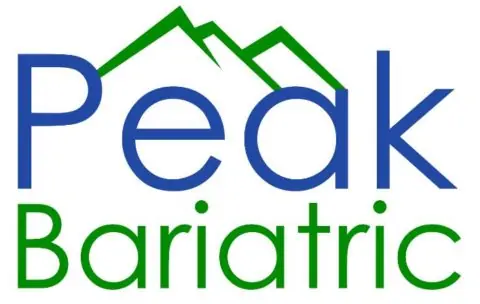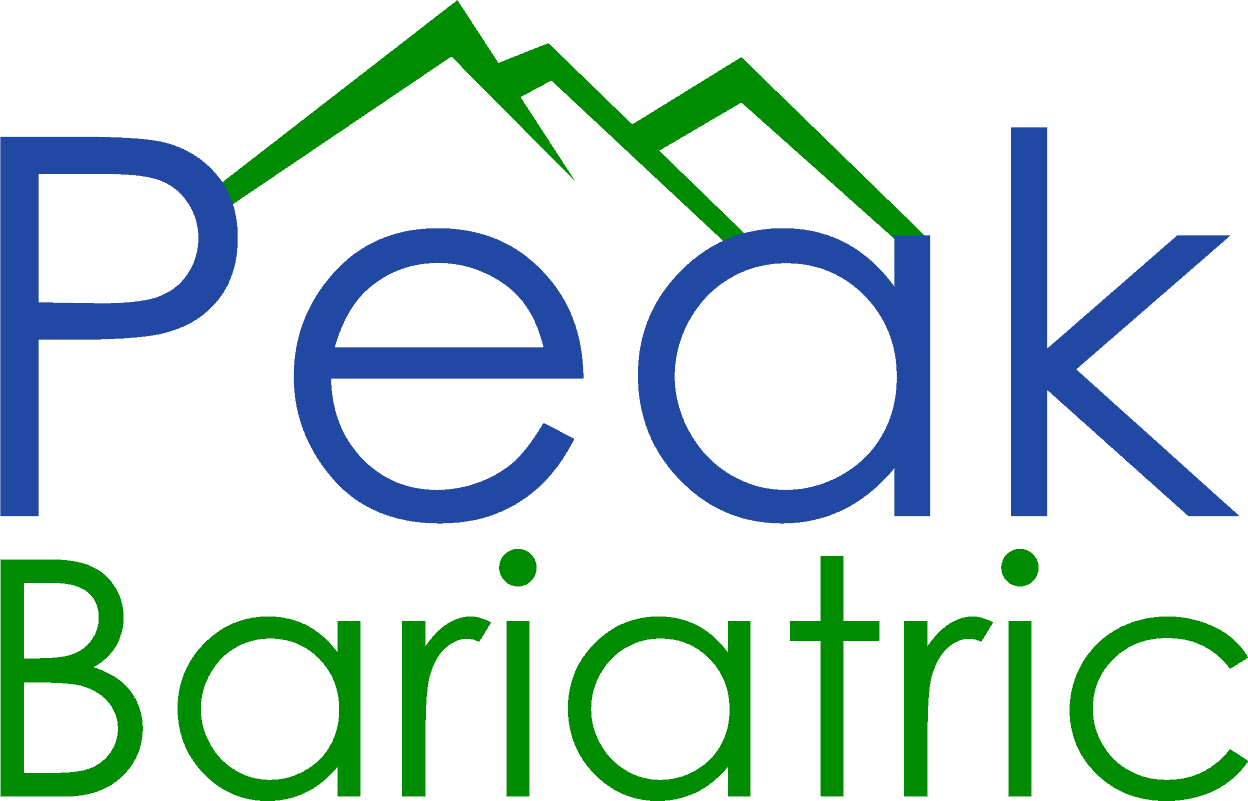
Hernia Specialist

Best Hernia Specialist Treatment in DFW
What is Hernia Specialist ?
Hernias are protrusions of tissue (usually intestines) through weak spots or tears in the body. While a hernia can occur just about anywhere, the most common hernias are in the inner or outer groin, the belly button, or the stomach. Some hernias are not painful, but some are severely painful and carry the risk of strangulating important blood vessels. Peak Bariatric performs hernia surgeries including, but not limited to, inguinal (groin area), ventral (abdomen), incisional (caused by unhealed surgical wound), hiatal (diaphragm) and others. Our surgeons perform these procedures minimally invasive whenever possible. This method decreases scarring and recovery times, and minimizes the risk of infection. In many cases, the incisions we make are so small they don’t even require stitches, so you can get back to your normal lives in days, not weeks. A hiatal hernia is a condition in which the upper part of your stomach bulges through an opening in your diaphragm. It can cause severe acid reflux or GERD symptoms. Often, these symptoms can be treated with medications. Surgery can repair a hiatal hernia by pulling your stomach back into the abdomen and making the opening in the diaphragm smaller. The procedure may also involve surgically reconstructing the esophageal sphincter or removing hernial sacs.
Benefits of Hernia Specialist Procedure
Hernia repair surgery is a common procedure that is done to fix a hernia. A hernia occurs when an organ or tissue protrudes through a weak point in the muscle or connective tissue that holds it in place. Hernia repair surgery can help alleviate the symptoms associated with a hernia and prevent complications. Some potential benefits of a hernia repair procedure include:
- Relief of pain and discomfort: Hernias can cause pain and discomfort, especially when the hernia becomes enlarged or becomes incarcerated, meaning it cannot be pushed back into place. Hernia repair surgery can help alleviate these symptoms.
- Improved quality of life: Hernias can cause limitations on physical activity and can be unsightly. Hernia repair surgery can help improve a person’s quality of life by allowing them to return to their normal activities and improving their appearance.
- Reduced risk of complications: Hernias can sometimes become incarcerated or strangulated, which can cut off blood supply to the protruding tissue and lead to serious complications such as gangrene. Hernia repair surgery can help reduce the risk of these complications.
- Improved function of affected organ: Depending on the location of the hernia, it can cause problems with the functioning of the affected organ. Hernia repair surgery can help restore normal function to the affected organ.
Overall, hernia repair surgery can provide significant benefits to people who are suffering from the symptoms and complications of a hernia.
What is the recovery like for Hernia Specialist treatment?
Recovery from hernia repair surgery varies from person to person and can depend on a number of factors, including the type of hernia, the surgical approach used, and the person’s overall health. In general, most people are able to return to their normal activities within a few weeks of the procedure, although complete recovery may take several months.
Immediately after the surgery, the person may experience some pain and discomfort, which can be managed with pain medication. The incision site may also be sore and swollen. The person may need to take it easy for the first few days after the surgery and may need to avoid heavy lifting or strenuous activity.
Over the next few weeks, the person can gradually increase their activity level as they feel comfortable. It is important to follow the surgeon’s instructions for care and to avoid activities that could put strain on the incision site. The person may also need to attend follow-up appointments with the surgeon to ensure that the incision is healing properly.
It is important to remember that everyone’s recovery is different, and it is normal to have some ups and downs during the recovery process. It is important to listen to the body and take it easy when needed, but also to follow the surgeon’s instructions for gradually increasing activity levels as the body heals.
Are you the right patient for Hernia Specialist Treatment?
There are several factors that a surgeon will consider when determining whether a person is a good candidate for hernia repair surgery. Some of the factors that may be taken into account include:
- Type and location of the hernia: Different types of hernias may require different surgical approaches, and the location of the hernia can also affect the feasibility of surgery.
- Overall health: A person’s overall health can affect their ability to undergo surgery and their recovery. People with certain health conditions, such as heart disease or diabetes, may need to be treated differently or may need to be carefully evaluated before surgery.
- Symptoms: Hernia repair surgery is usually recommended for people who are experiencing symptoms such as pain, discomfort, or limitations on physical activity due to a hernia.
- Risk of complications: Some people may be at higher risk of complications from hernia repair surgery due to factors such as age, weight, or underlying health conditions. These factors may need to be taken into consideration when deciding whether surgery is appropriate.
Ultimately, the decision to undergo hernia repair surgery is a personal one and should be made in consultation with a surgeon who is experienced in treating hernias. The surgeon can provide information about the risks and benefits of the procedure and help the person make an informed decision about whether surgery is the best option for them.
When Would I be back to work after a Hernia Specialist Treatment?
The amount of time it takes to return to work after hernia repair surgery can vary depending on a number of factors, including the person’s job, the type of surgery they had, and their overall health. In general, most people are able to return to work within a few weeks of the procedure, although complete recovery may take several months.
After the surgery, the person may need to take it easy for the first few days and may need to avoid heavy lifting or strenuous activity. The surgeon will provide specific instructions for care and will advise the person on when they can return to their normal activities.
It is important to follow the surgeon’s instructions and to take it easy when needed, but also to gradually increase activity levels as the body heals. It may be helpful to discuss the person’s return to work with their employer, who may be able to provide accommodations or adjust the person’s workload as needed.
It is also important to keep in mind that everyone’s recovery is different, and it is normal to have some ups and downs during the recovery process. It is important to listen to the body and to take the time needed to heal properly.
More About Hernia Specialist Surgery
Hernia Specialist Treatments
Procedure Details
Hospital Stay
Surgery Type
Back to Work
Restrictions
Surgery Time
The amount of time it takes to return to work after hernia repair surgery can vary depending on a number of factors, including the person’s job, the type of surgery they had, and their overall health. In general, most people are able to return to work within a few weeks of the procedure, although complete recovery may take several months.
After the surgery, the person may need to take it easy for the first few days and may need to avoid heavy lifting or strenuous activity. The surgeon will provide specific instructions for care and will advise the person on when they can return to their normal activities.
It is important to follow the surgeon’s instructions and to take it easy when needed, but also to gradually increase activity levels as the body heals. It may be helpful to discuss the person’s return to work with their employer, who may be able to provide accommodations or adjust the person’s workload as needed.
It is also important to keep in mind that everyone’s recovery is different, and it is normal to have some ups and downs during the recovery process. It is important to listen to the body and to take the time needed to heal properly.




